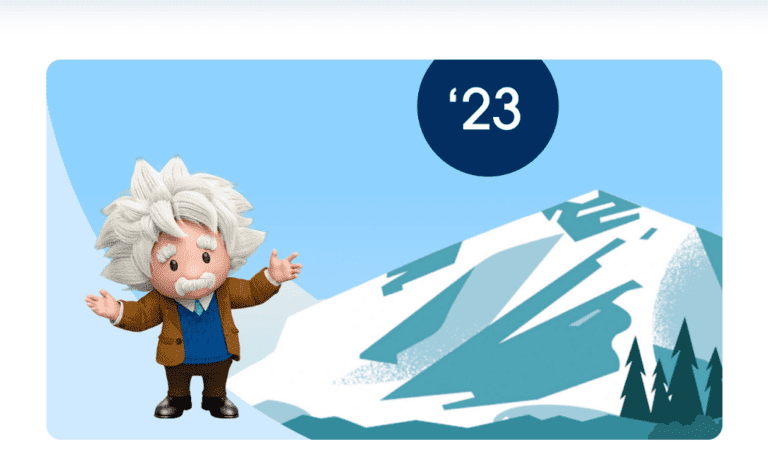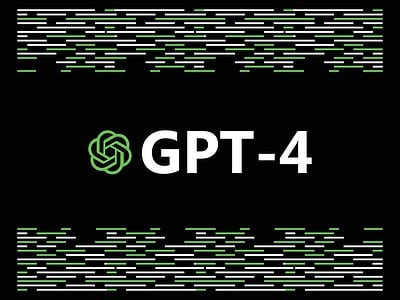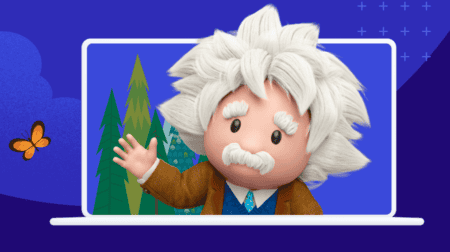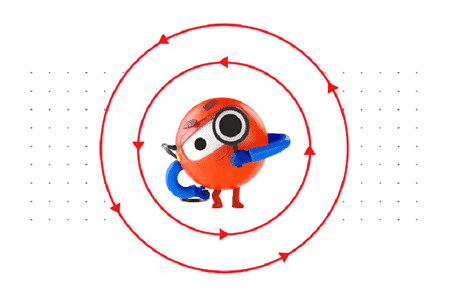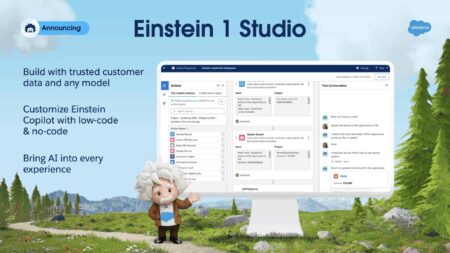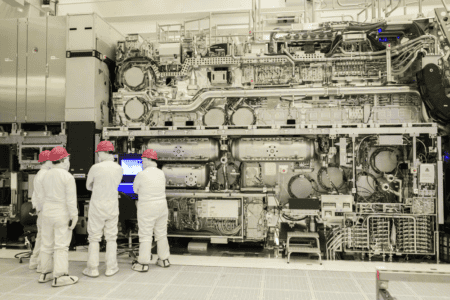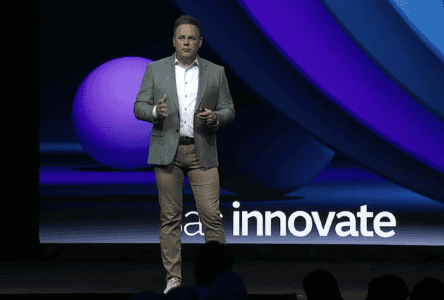The company is adding features for its Einstein GPT general-purpose AI assistant. The new features enable it to collaborate with the Flow workflow automation suite. Salesforce has also strengthened the integration between its Data Cloud “lakehouse” and Flow. The new features allow users to create and adjust automated workflows using conversational instructions.
Salesforce has indicated that users can give the assistant a prompt to create a guided workflow for a new customer or a rule for following up with an email to customers who have yet to respond in five days.
Furthermore, users can describe a formula they need. Einstein GPT will automatically build it or describe the required function. It then inserts the appropriate flow instead of searching for sub-flows and invocable actions.
What customers get
The AI assistant can also be trained with the company’s existing customer relationship management system and other sources to offer users a more customized service.
The Data Cloud for Flow links Salesforce’s workflow automation and structured and unstructured data stored in a lakehouse, which combines features of a data lake and a data warehouse. Customers can combine data from Salesforce’s databases and other sources to standardize customer views and use low-code tools to create automated processes and workflows.
Salesforce’s customers can use real-time data for dynamic pricing and financial service companies to automate fraud detection by flagging suspicious transactions based on patterns detected in transactional data.
Available in early fall
Salesforce’s senior vice president of product management, John Kucera, emphasized the company’s aim to make AI accessible to non-technical users. The Data Cloud is Salesforce’s fastest-growing organic development, with billions of monthly queries.
Data Cloud integration will likely be part of a standard Salesforce subscription. Einstein GPT for Flow may carry an additional charge, but details have not been determined. The company plans to provide the early adopter basis with the winter 2024 release, which should be available in early fall.
Introducing the new features will allow Salesforce’s customers to tailor their experience while improving their workflow and automated processes.
